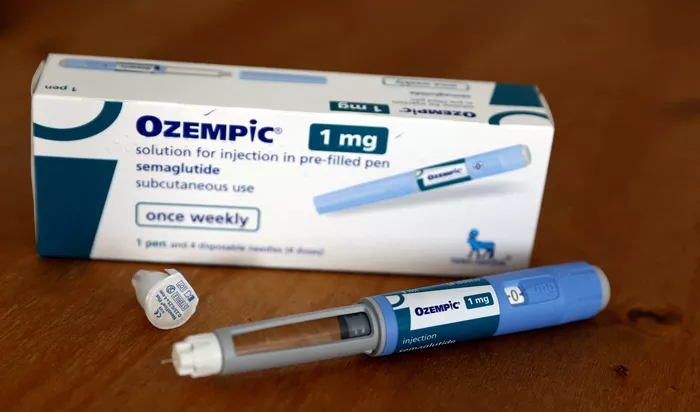Chronic obstructive pulmonary disease (COPD) affects millions worldwide. As of 2019, about 400 million people were living with this disease, and that number is expected to rise to 600 million by 2050.
COPD can affect anyone, but certain risk factors increase the chances of developing it. These include smoking, age, genetics, exposure to environmental hazards like air pollution and dust, and conditions such as obesity and type 2 diabetes.
Studies have shown that over one-third of people with COPD also have obesity. This condition can worsen airflow, increasing the risk of respiratory infections, sleep apnea, pulmonary hypertension, and other health issues. Furthermore, people with type 2 diabetes are at a 35% higher risk of developing COPD compared to those without diabetes.
In this study, researchers analyzed medical data from nearly 394,000 adults with type 2 diabetes and active COPD. They were taking one of three types of medications: GLP-1 receptor agonists (like Ozempic), SGLT-2 inhibitors, or DPP-4 inhibitors.
Dr. Elisabetta Patorno, a senior author of the study, explained that researchers were interested in the link between these medications and COPD flare-ups because past research suggested they may have lung-protective and anti-inflammatory effects.
“Researchers continue exploring GLP-1 medications for their benefits beyond diabetes and weight loss,” said Dr. Avik Ray, the first author of the study. “These drugs might reduce inflammation, improve lung function, and lower the risk of COPD exacerbations.”
The study found that participants with both type 2 diabetes and COPD who took GLP-1 or SGLT-2 medications had a lower risk of severe COPD flare-ups compared to those taking DPP-4 inhibitors.
Dr. Patorno noted, “These medications may be better options for patients with both diabetes and COPD, as they could improve lung health and reduce exacerbation risks.”
GLP-1 medications may help lower COPD flare-ups by reducing inflammation, improving metabolic health, and potentially improving lung tissue. Their effects on weight loss and cardiovascular health could also contribute to better overall respiratory outcomes.
Dr. Ray added, “These findings might lead doctors to prioritize GLP-1 and SGLT-2 medications over DPP-4 inhibitors for patients with diabetes and COPD.”
Read more:
- Ozempic vs. Mounjaro: What’s the Difference ?
- New Study Shows Yogurt May Lower Risk Of Certain Colorectal Cancers
- The 6 Best Men’s Multivitamin For Heart Health In 2025


